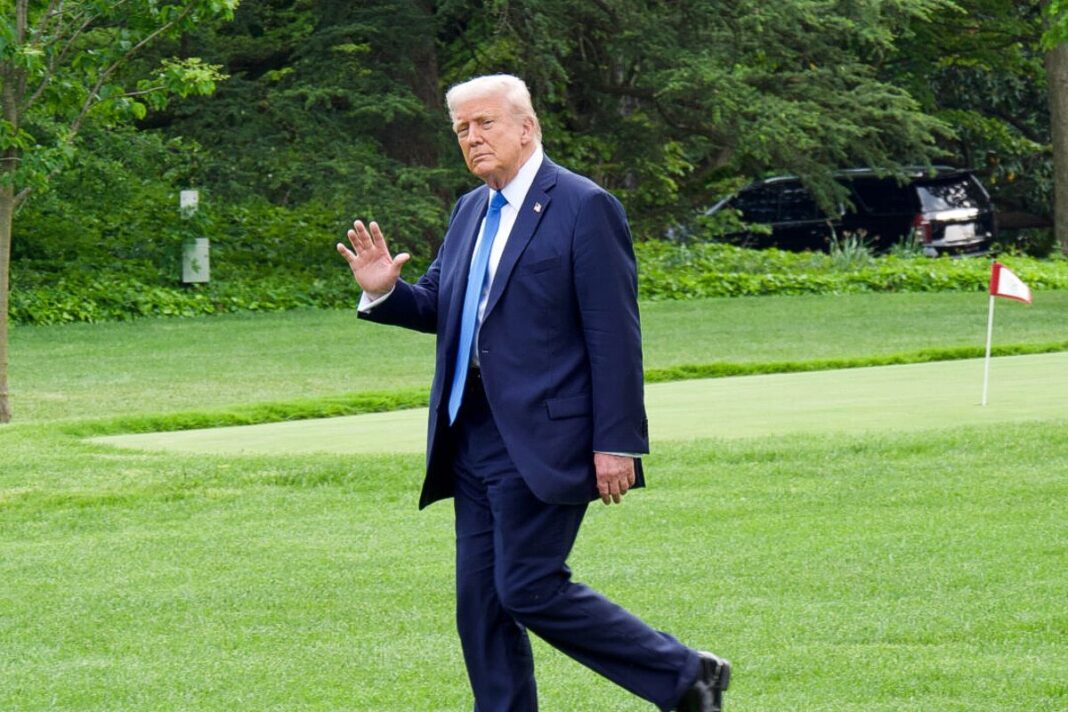China seeks trade leverage with tighter rare earth export rules, but risks accelerating Western supply chains that could erode Beijing’s long-held monopoly.
Beijing recently tightened export controls on some critical rare earth elements, ratcheting up its tariff standoff with Washington. By monopolizing more than 90 percent of global rare earth processing, China has long held these 17 elements as a strategic chokepoint.
Analysts say Beijing’s new export-licensing rules—ostensibly applying to all countries, but aimed at the United States—are likely a tactic to pressure Washington into trade concessions.
“This is a classic weaponized negotiation,” Davy J. Wong, a U.S.-based economist, told The Epoch Times. It is designed to make Congress and industry lobby for relief from U.S. tariffs, export controls, and outbound investment restrictions, he said.
The tactic is risky and could backfire in the medium to long term, he said.
If Beijing’s export controls remain in place, they could force Western decoupling, strain domestic industries due to oversupply, and erode the near-monopoly in rare earth processing it spent decades building, he added.
Announced by the Chinese Communist Party (CCP) on April 4, the rules cover magnets and seven rare earth elements—including samarium, gadolinium, terbium, dysprosium, lutetium, scandium, and yttrium—used in technologies related to critical sectors such as defense and energy.
Shipments are on hold while exporters apply for special licenses—a review that can take weeks or months, heightening the risk of global supply chain disruption.
The Chinese regime’s export restrictions could take the form of “non-automatic licensing,” Gracelin Baskaran, director of the Critical Minerals Security Program at the Center for Strategic and International Studies, said in a podcast on April 14.
Beijing could approve few, if any, licences for U.S. buyers, while “countries that are willing to continue fostering stronger collaboration with China are not impacted by these restrictions,” Baskaran said.
She noted that 15 American defense and aerospace companies have been added to Beijing’s ban list; so even if permits are granted to export rare earths, they will still be unable to do business with Chinese companies that manufacture critical technology.
Wong said the Chinese regime’s immediate target is the U.S. defense supply chain—particularly sixth-generation fighters such as the F-47—and other high-tech weapons that depend on rare earth magnets.
According to Baskaran, an F-35 fighter jet contains approximately 900 pounds of rare earth metals, an Arleigh Burke-class destroyer contains around 5,200 pounds, and a Virginia-class submarine contains about 9,200 pounds.
For Beijing, it may be “short-term gain, long-term bleeding,” Wong said, predicting that Chinese producers will soon face price swings, unsellable stockpiles, and mounting financial troubles.
By Sean Tseng







